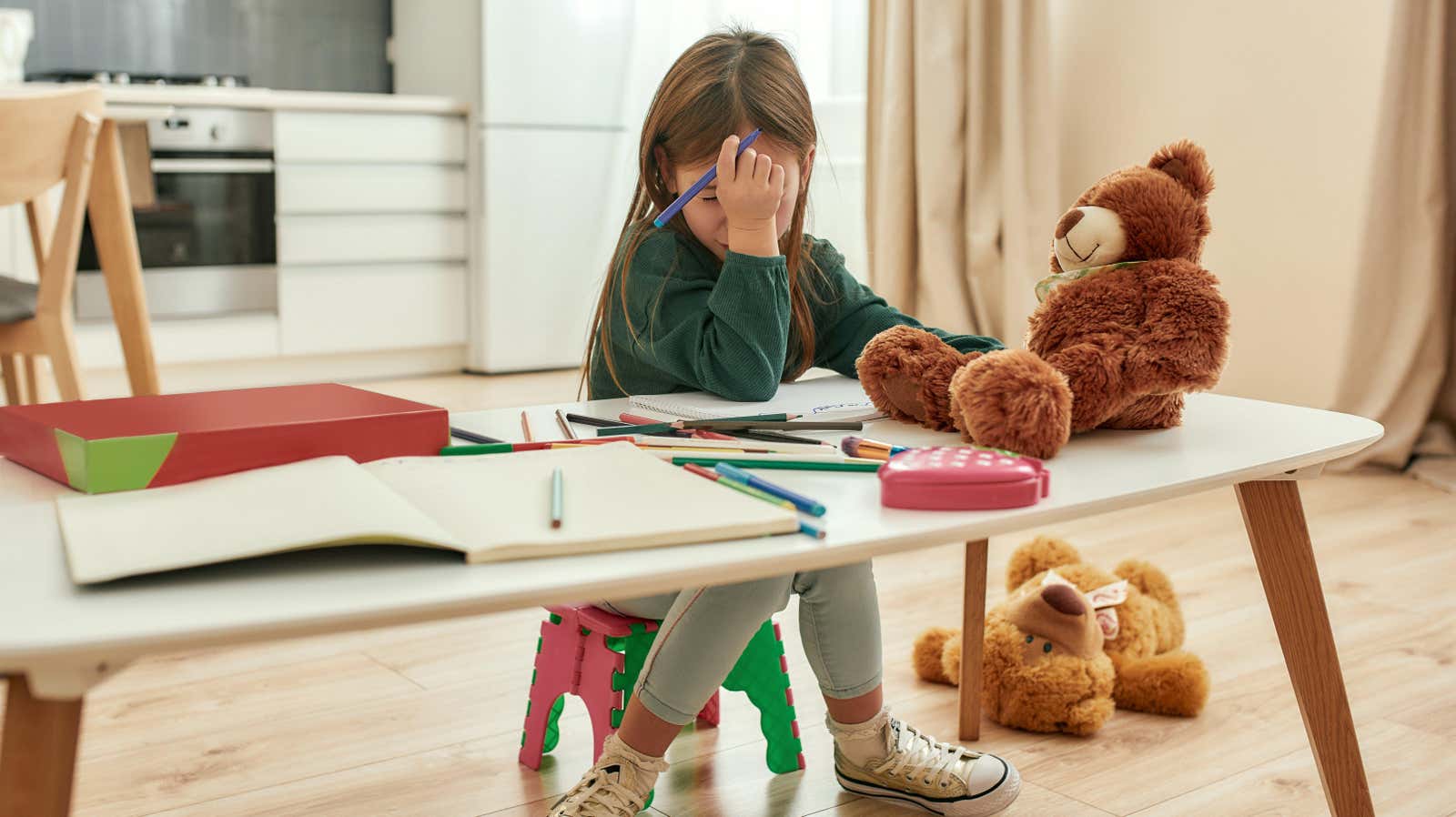How to Help a Child With Executive Function Problems

The executive function can be thought of as the manager of the brain: it helps us prioritize, make plans to complete tasks, and adapt to unexpected complications. This requires working memory, emotional self-regulation, and the ability to control our attention. Some children, especially those with disorders such as ADHD, may have problems with executive function.
If a child has impaired working memory, they may forget where they left their homework or textbook. If they find it difficult to control their emotions, they can easily become frustrated or upset, which makes them unable to complete tasks and affects their relationships with others. If they cannot control their attention, they may find it difficult to concentrate in class or switch between tasks.
Signs Your Child May Have an Executive Function Problem
Executive function improves as children get older as they gradually learn skills such as organization and emotional regulation. One sign that a child may be having problems is that their struggles are out of proportion to their peers.
“Working memory is an important aspect of executive function that is highly demanded in school settings,” says Elaine Taylor-Klaus , founder of Impact Parents and author of The Essential Guide to Parenting Difficult Children with ADHD, Anxiety, and Other Problems . “We teach them how to absorb information and then apply it, which requires working memory.”
For toddlers, it could be a problem with division in long numbers, which requires storing information long enough to solve a problem, or it could be regularly forgetting homework at home. It can also be the regular loss of hats, mittens, backpacks or other items. Problems with executive function can also include emotional outbursts, mild distractions, or zoning out when they should be paying attention.
“Not doing what you have just been asked is a very common occurrence,” Taylor-Klaus said. For example, if you send your child to his room for socks and see him playing with LEGOs, it could be either distractibility or poor working memory.
Offer understanding and support
The most important thing you can do for a child with executive function problems is to show empathy and understanding, because some tasks are much more difficult for him than for his peers. “It’s important to understand that they have a neurological reason why they struggle,” Taylor-Klaus said.
This is partly due to developmental delay, as children with executive function problems are slower to develop certain skills than their peers. “An eight-year-old with executive function problems in some areas can be on par with a five-year-old,” Taylor-Klaus said. “It’s about understanding and accepting that, and then creating an environment to support it, not judgment and punishment when it’s not what you might expect from them.”
Teach them how to deal with problems
For children who struggle with executive function, this will affect many areas of their lives. It will also look different for each child, which means it’s important to actively model how to deal with problems as they arise, whatever they may be.
If the problem is that you forgot to bring books or schoolwork to school, it could be because your child tells you what items to pack in a backpack before getting on the bus. If the problem is emotional regulation, then it may be finding different ways to deal with your frustration.
As Taylor-Klaus points out, it’s not about solving your child’s problems for them, but rather about helping them develop the strategies that work best for them. Some specific strategies for poor working memory include making checklists, using a planner, trying out different learning strategies, and establishing a routine.